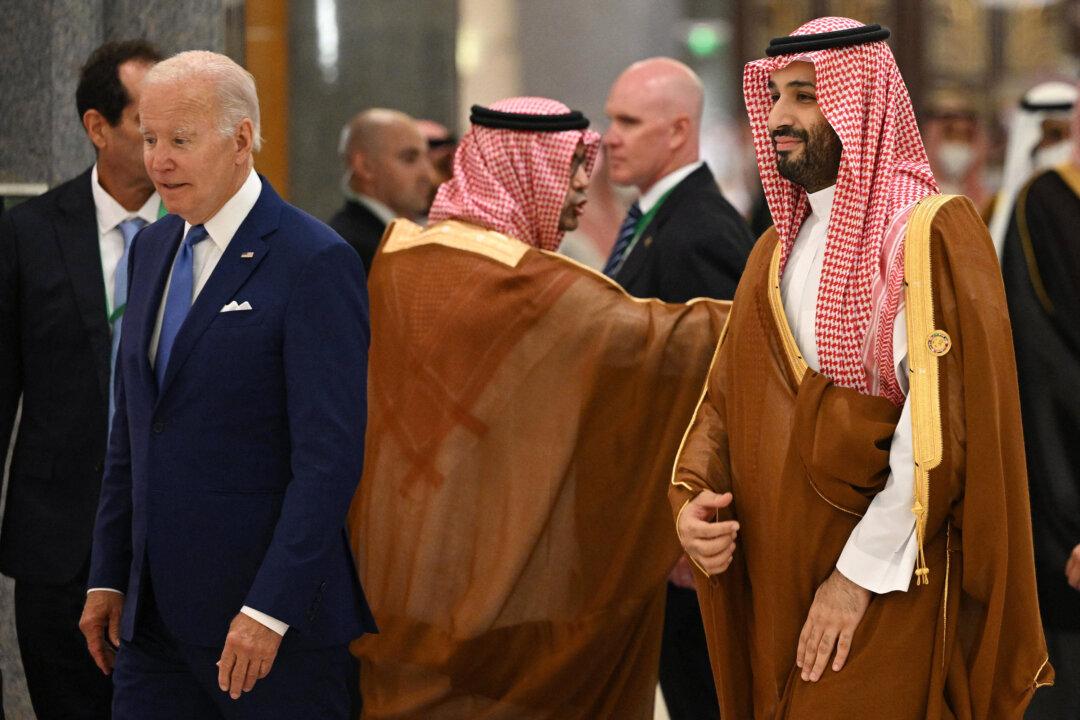Saudi Arabia has alerted U.S. officials about intelligence suggesting that Iran is poised to carry out attacks within the kingdom, according to Saudi and U.S. officials.
In response to the threat, the United States, Saudi Arabia, and other neighboring nations have raised the alert level of their military forces, officials from Riyadh and Washington told The Wall Street Journal, without providing details. Tehran is said to be planning the attacks on Saudi Arabia and Iraq, where some U.S. troops are based, in a bid to draw attention away from protests in Iran that have attracted widespread global attention.





